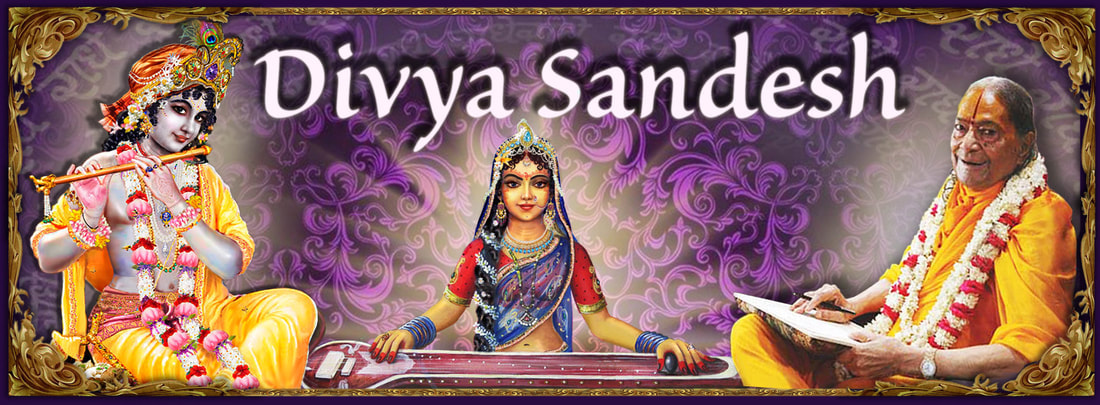All jeev (souls), under the bondage of Maya, have trisharir (त्रिशरीर) or 3 bodies. All these 3 bodies are made by Maya hence are material and transient.
Sthool sharir (स्थूल शरीर) is the gross material body that we can see. It is made of Panch Mahabhoot. It comprises of physical body along with the karmendriyan. Jeev has to leave this body behind at the time of death.
sooksham sharir (सूक्ष्म शरीर) is the subtle body that cannot be seen. This body comprises of five karmendriyan, panch pran, five gyanendriyan, mind, buddhi, and ahankar. In your dreams you perform all your actions with this body. At the time of death this body goes along with the jeev.
karan sharir (कारण शरीर) is the causal body. In other words this is the body created by ones desires. This too goes with the jeev at the time of death. During maha pralaya, the jeev is immersed in karnarnav (God's infinite belly) in a state of deep sleep. That time the jeev is free from the other 2 bodies but this body still stays with the jeev.
The above 3 bodies have been eternally been associated with Jeev but at God-realization Jeev will become free from Maya. Hence, the Jeev is released from all these material bodies as well. From the moment of God-realization the jeev is given a divine body which lasts forever. In scriptures there are several names for this body like Divya deh (दिव्य देह), chinmaya deh (चिन्मय देह), Gunateet deh (गुणातीत देह) or Bhagavd-deh (भगवद् देह).
Scriptures mention a few other types of bodies as well. These are not included in the trisharir or 3 material bodies.
aativahik sharir (आतिवाहिक शरीर) is the after-death body which is made of air. It travels with soul along with sookshm sharir and karan sharir to Yamlok etc. Then establishes the soul with aforesaid subtle bodies in a womb to take form of another gross body according to the karmas. It is also called bhog sharir (भोग शरीर). An individual undergoes the fruits of his bad deeds for millions of human years with aativahik sharir.
bhav deh (भाव देह) is the divine body created when jeev performs devotion to God. Jeev has been given the liberty to worship God with any of the devotional sentiments called bhav (daasya, sakhya, vatsalya, madhurya). The bhav that jeev chooses most often becomes predominant in this bhav deh. Practice of bhakti strengthens (परिपक्व) this body.





